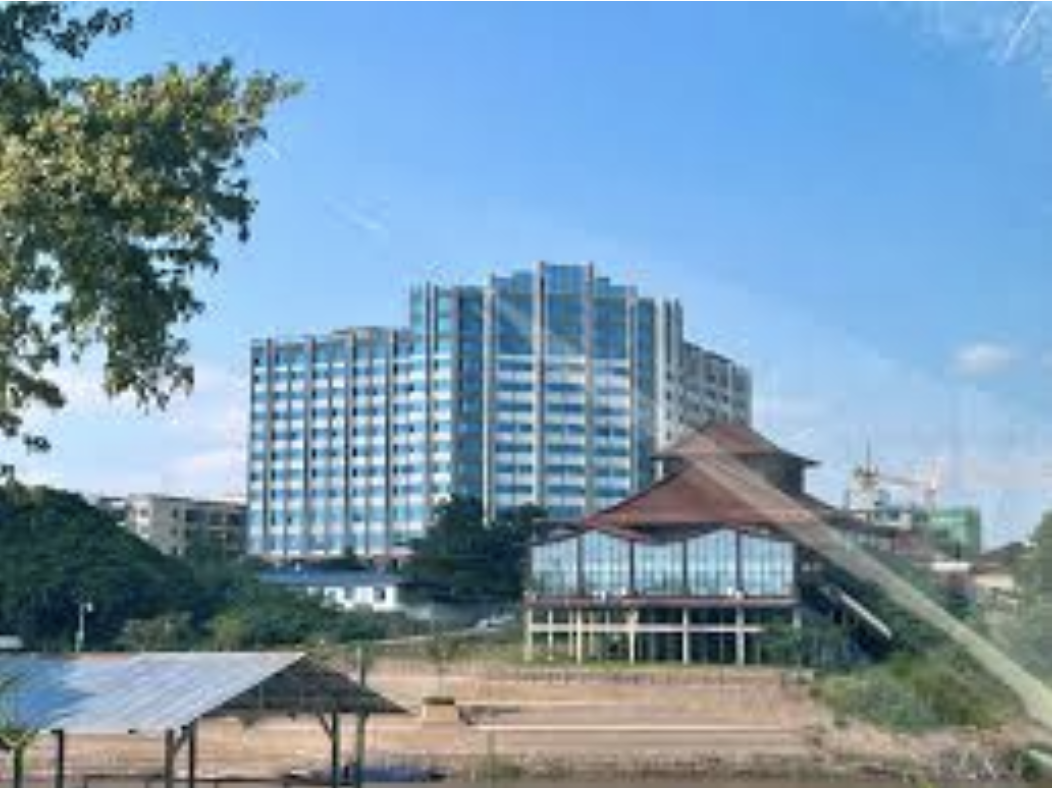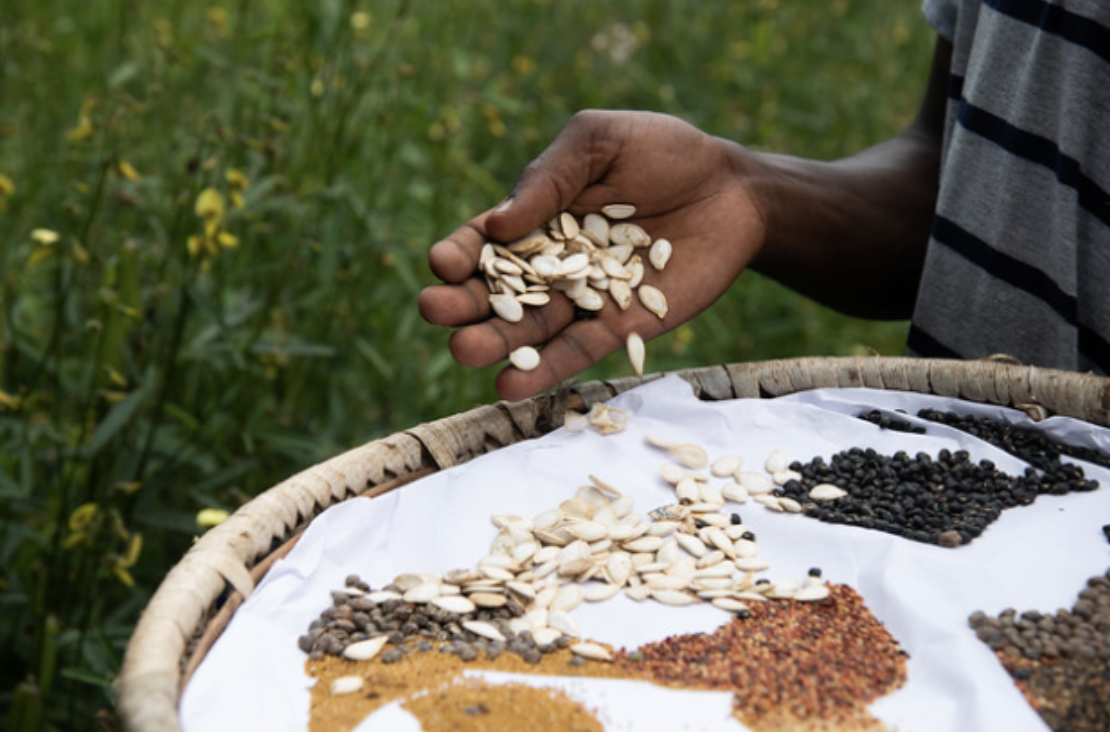A Cadeia Brasileira: Brazilian Jails are More than Just a Punishment
People gather outside of Cadeia Pública Desembargador Raimundo Vidal Pessoa in the city of Manaus, Brazil, after the assassination of four prisoners [Christian Braga/Jornalistas Livres]
The Brazilian jail is an epicenter of inequity in Brazilian society, channeling its troubled history into the bridge between punishment and discrimination. The jails’ guards and rules reflect somber truths of the largest country in South America, extending beyond present carceral conditions and providing insight into the civil and institutional issues with which Brazil continues to struggle.
Those in power in the prison society are inadequately equipped for the job, inhibiting their ability to peacefully interact with detainees. According to a report by Human Rights Watch, the national law requiring initial and refresher courses for prison guards is frequently ignored. Guards in a prison in the state of Rio Grande do Sul, for example, received training for a mere five days before being given a position at the prison. This inadequate preparation based on the rules intended to protect inmates is a blatant violation of civil rights. Specifically, inappropriately trained guards are prone to disciplining prisoners using non-sanctioned methods, so that extreme cramming, beatings by drunken guards, depravity of food and water, torture, and summary executions are common in these institutions.
The assignment of inmates relies heavily on Brazil’s tradition of the social hierarchy, demonstrating how classism and racism are institutionalized within the prison system. Per the Christian Science Monitor, those with a university degree are, by law, guaranteed private cells. According to the Organization for Economic Co-Operation and Development, roughly 18 percent of the Brazilian population has a college education, and this part of the population is a small and unrepresentative demographic of Brazil; those who can afford to attend private high schools that better prepare students for the standardized entrance examinations, which as Brazil Black Today points out are majority white institutions, are overwhelmingly the ones given access to Brazil’s system of free college education.
Legislative reforms for prison standards as well as consequences for breaching them is clearly necessary and has international backing. The United Nations Office on Drugs and Crime vowed in 2007 to work in unison with the Brazilian Government’s National Health Policy for Prisons in order to address concerns around inmates’ basic rights, while the Brazil Human Rights Fund and the Oak Foundation are among a number of other foundations committed to the issue. However, recently declared President-elect Luiz Inácio da Silva has yet to declare the urgency of prison injustice in Brazil, nor has he defined any plans to confront the issue in his awaiting term. The inequities of Brazilian society have cascaded into a major threat to human rights, and that threat remains to be directly addressed by government leaders.






